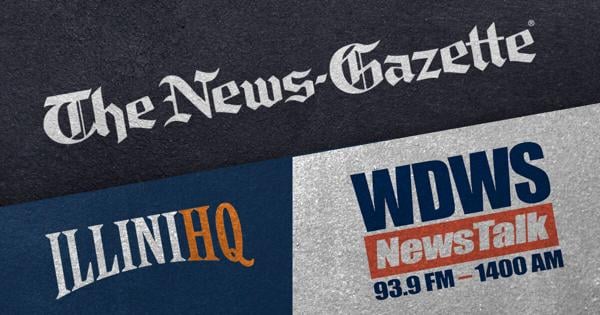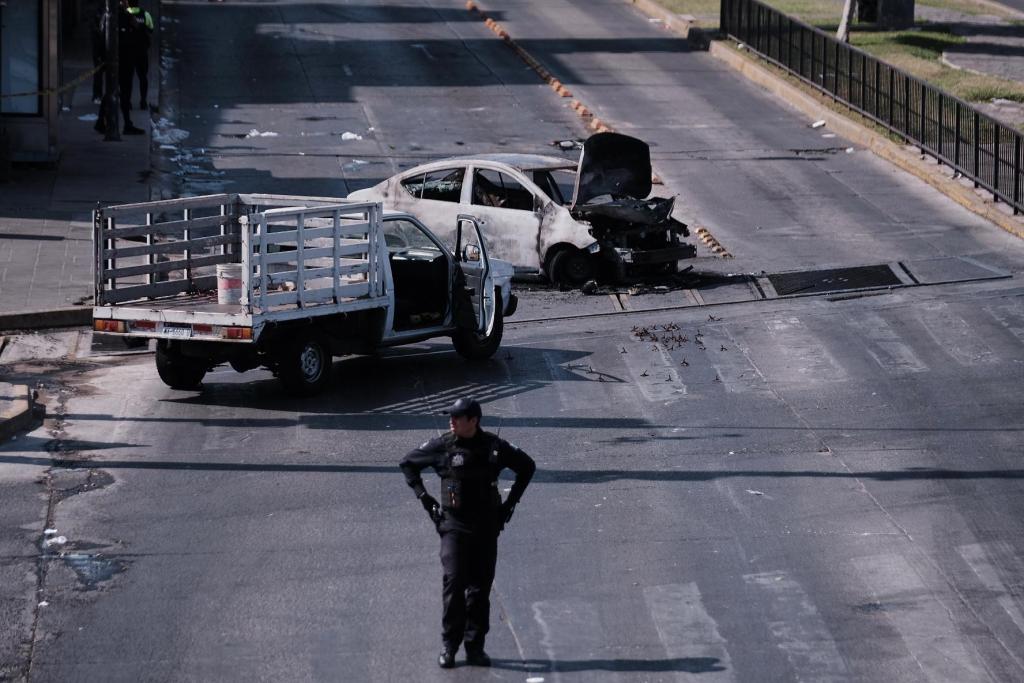Months after his resignation, former University of Virginia President Jim Ryan continues to grapple with the implications of a recently imposed ban on diversity, equity, and inclusion (DEI) initiatives. The ban, influenced by the office of Virginia’s Republican Governor Glenn Youngkin, raises questions about the future of university policies related to student recruitment and cultural practices, including the serving of matzah in dining halls during Passover.
In a letter addressed to the UVA faculty senate on November 14, Ryan expressed his confusion regarding the DEI ban, stating, “It’s not clear even today what it means to kill DEI.” He highlighted concerns that efforts such as recruiting first-generation students from rural Virginia or providing financial aid could be seen as contrary to the new guidelines, which aim to limit DEI-related activities.
Ryan’s resignation in June was precipitated by increasing pressure from conservative groups relating to allegations of antisemitism on campus and university practices concerning DEI. The former president noted in his correspondence that the university had become a focal point for broader national discussions around these issues, particularly after the October 7, 2023 attacks that intensified scrutiny on campus policies regarding Jewish students.
The controversy surrounding UVA escalated as the university became the first public institution to negotiate with the Trump administration to end an investigation into antisemitism. Ryan’s resignation led to a settlement with the federal government, which resulted in the cessation of the investigation without a financial penalty. Instead, UVA agreed to adhere to the Justice Department’s guidelines on various matters, including maintaining its existing DEI ban.
Ryan’s reflections also touched upon the challenges faced by universities in navigating political pressures while striving to create inclusive environments. He pointed to a Justice Department investigation that expanded unexpectedly, examining admissions and hiring practices along with allegations of antisemitism. “Each time the scope of the DOJ inquiry expanded, our lawyers asked for and received extensions for submission of material,” he wrote.
Despite the complexities surrounding the DEI ban and the investigations, Ryan emphasized the importance of clarity in the university’s mission. He expressed a desire to correct misconceptions about the state of affairs at UVA to facilitate future progress. “I think it is time to set the record straight, which will hopefully enable UVA to make all necessary changes in order to end this chapter and begin a fresh, new chapter in the history of a remarkable university,” he stated.
As the debate around DEI initiatives continues, Ryan’s comments reflect the ongoing struggle many institutions face in balancing political pressures with their commitments to inclusivity. Notably, universities facing allegations of antisemitism related to anti-Israel protests have expanded kosher dining options as part of efforts to support Jewish students, indicating that the conversation around inclusivity remains complex and multifaceted.
For further information, visit JTA.org.







